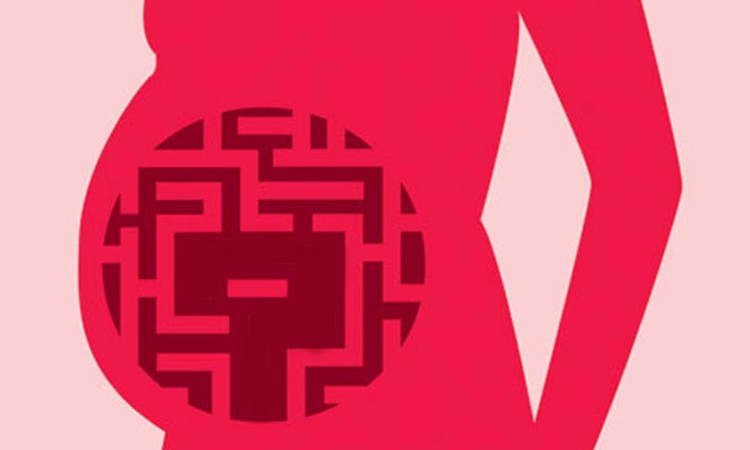Delhi HC Seeks Centre's Response On PIL Seeking More Time Limit For Abortion
akanksha jain
28 May 2019 6:30 PM IST

Next Story
28 May 2019 6:30 PM IST
Observing that it needed scientific consideration, the Delhi High Court on Tuesday issued notices to the Centre and the National Commission for Women seeking their response to a PIL calling for extension of time limit for terminating the pregnancy on a women's own will to 24 or 26 weeks from the present 12 weeks.A bench of Chief Justice Rajendra Menon and Justice Brijesh Sethi issued notices...
